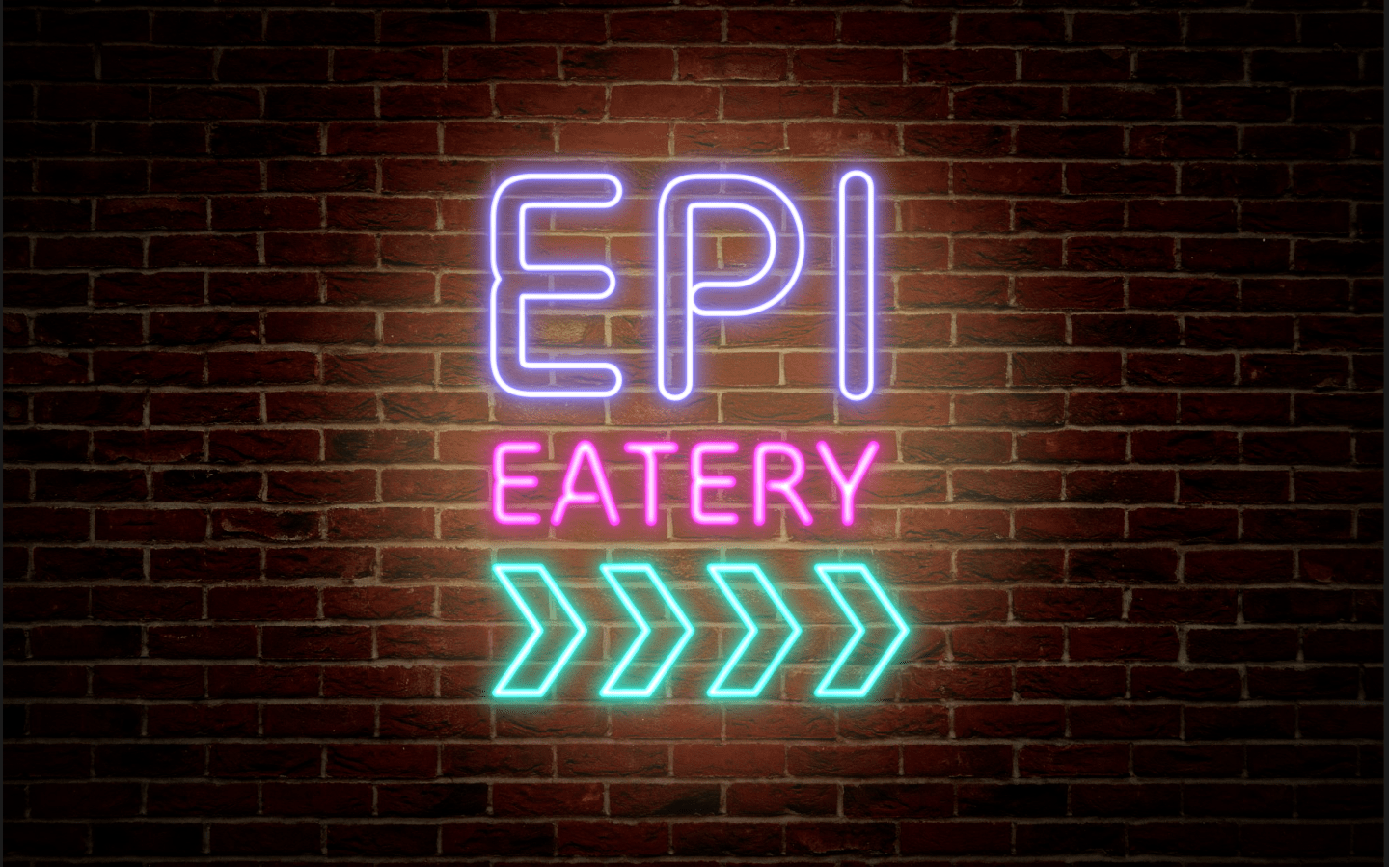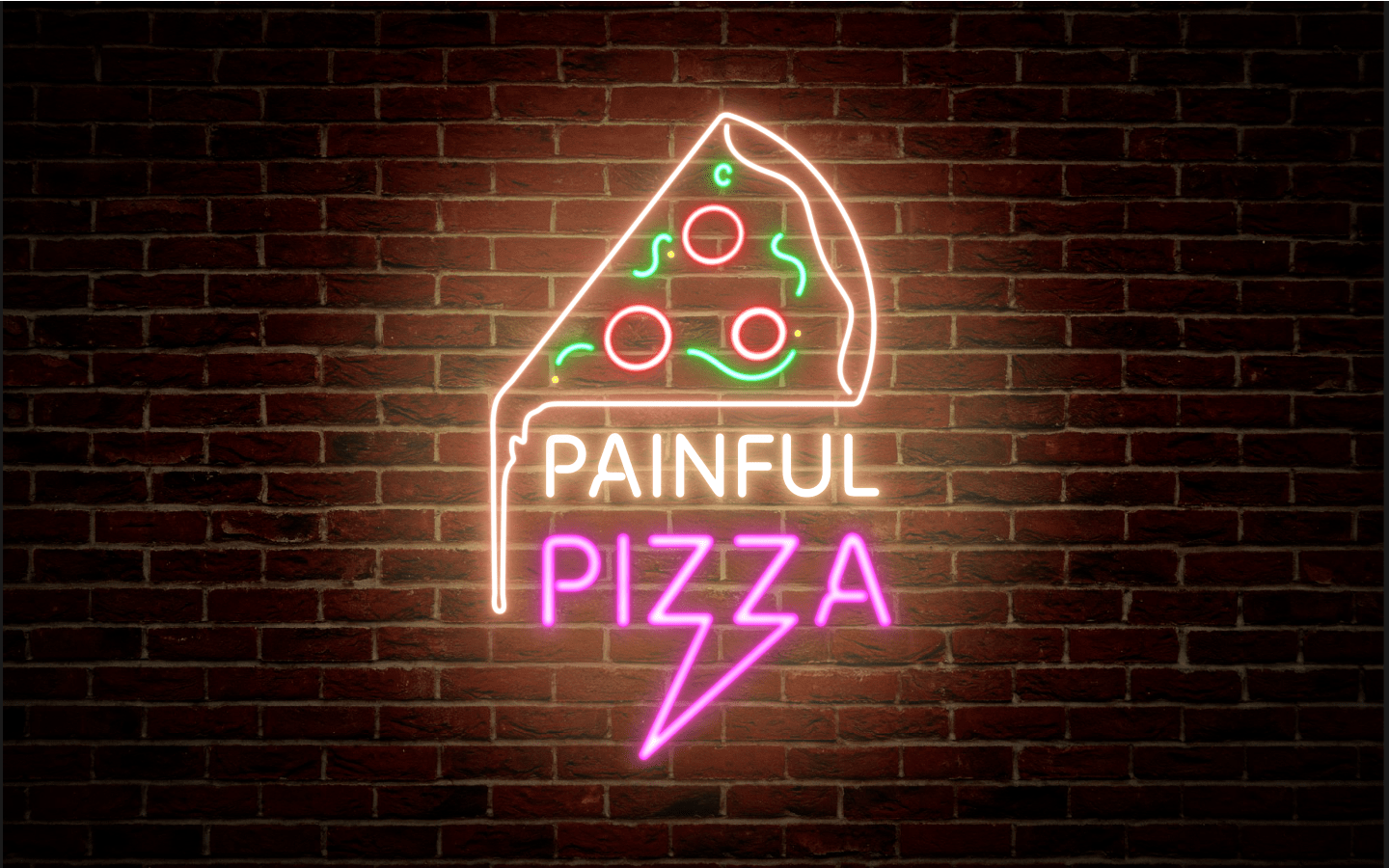- This offer is good for use only with a valid prescription for
ZENPEP® (pancrelipase) Delayed-Release Capsules
at the time the prescription is filled by the pharmacist and dispensed to the patient.
- Depending on your insurance coverage, most eligible patients may pay as little as $5 for the first ZENPEP prescription and for each refill of ZENPEP. Check with your pharmacist for your copay discount. Maximum savings limit applies; patient out-of-pocket expense may vary.
- This offer is not valid for use by patients enrolled in, nor shall the copay prescription be submitted for reimbursement to, Medicare (including Medicare Advantage), Medicaid (including managed Medicaid plans), Medigap, TRICARE, or other federal or state programs (including any state pharmaceutical assistance programs), or private indemnity or HMO insurance plans that reimburse you for the entire cost of your prescription drugs. Patients may not use this card if they are Medicare-eligible and enrolled in an employer-sponsored health plan or prescription drug benefit program for retirees. This offer is not valid for cash-paying patients.
- This offer is valid for up to twelve (12) prescription fills of a 30-day supply or up to four (4) prescription fills for a 90-day supply. Offer applies only to prescriptions filled before the program expires on April 30, 2026.
- Nestlé reserves the right to rescind, revoke, or amend this offer without notice.
- Offer good only in the USA, including Puerto Rico, at participating retail pharmacies.
- For California and Massachusetts residents, benefits pursuant to this card will terminate automatically upon the introduction of a therapeutically equivalent product.
- Void if prohibited by law, taxed, or restricted.
- This card is not transferable. The selling, purchasing, trading, or counterfeiting of this card is prohibited by law.
- This card has no cash value and may not be used in combination with any other discount, coupon, rebate, free trial, or similar offer for the specified prescription.
- This offer is not health insurance.
- This card expires April 30, 2026.
- Certain information related to your use of the card may be collected, analyzed, and shared with Nestlé for market research and other purposes related to assess Nestlé’s programs. Information shared with Nestlé will be aggregated and deidentified; it will be combined with other data related to other card redemptions and will not identify you.
By redeeming this card, you acknowledge that you are an eligible patient and that you understand and agree to comply with the terms and conditions of this offer.
For questions about the program, please call
1-833-742-0707.
Pharmacist Instructions for a Patient with an Eligible Third Party Payer:
When you redeem this card, you certify that you have not submitted and will not submit a claim for reimbursement under any federal, state, or other government programs for this prescription.
Submit the claim to the primary Third Party Payer first, then submit the balance due to
PDMI
using BIN# 610020 as a Secondary Payer COB with patient responsibility amount and a valid Other Coverage Code
(eg, 8). If you receive a rejection due to PA, step-edit, or NDC block, submit Other Coverage Code of
03
(secondary claim). The patient’s out-of-pocket expense will be reduced up to the maximum savings limit for the program. Reimbursement will be received from
PDMI. For help processing this card, call
1-833-742-0707. Representatives are available Monday through Friday, 8AM–8PM
EST, except for major holidays.
Program managed by Mercalis on behalf of Nestlé Health Science.
























